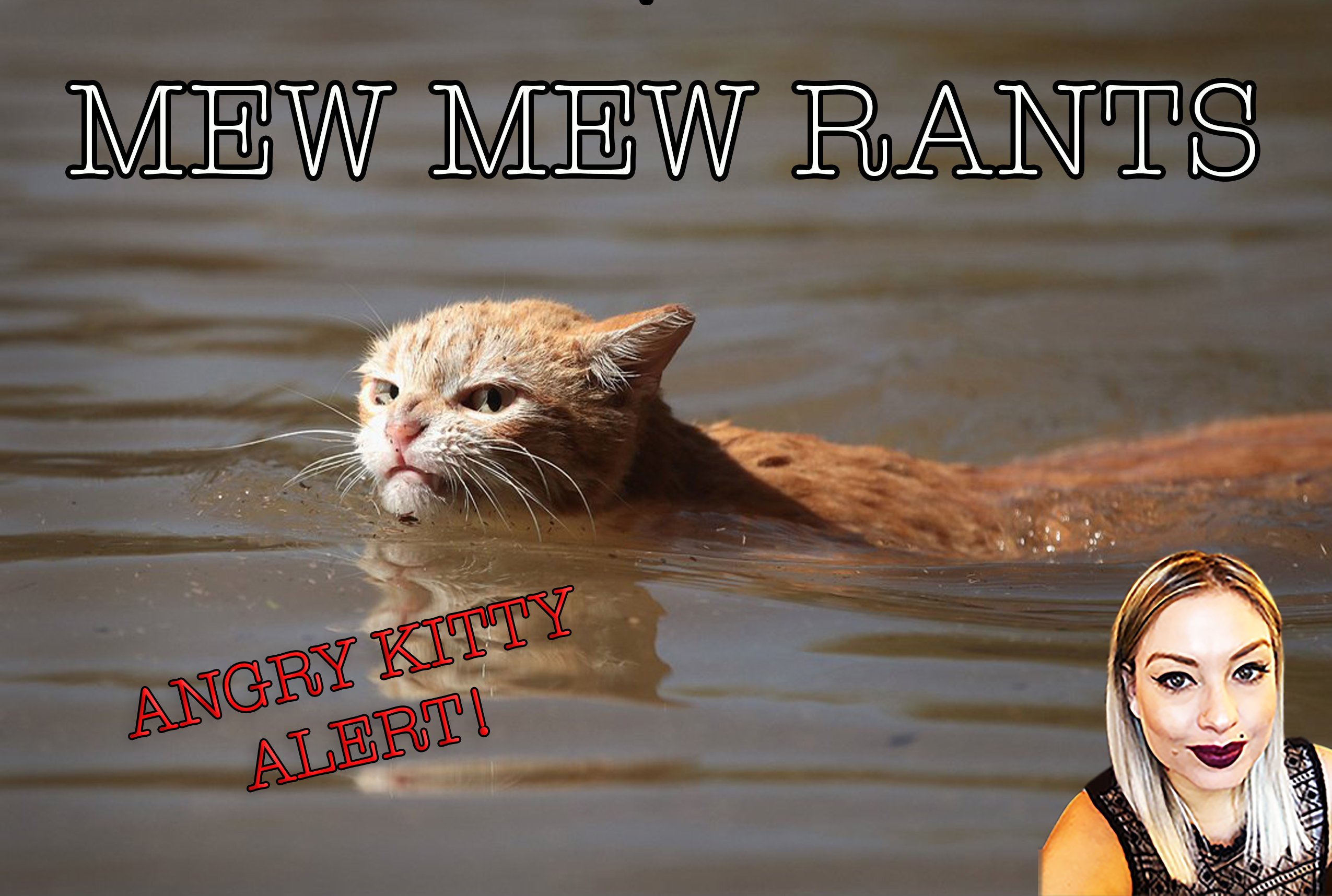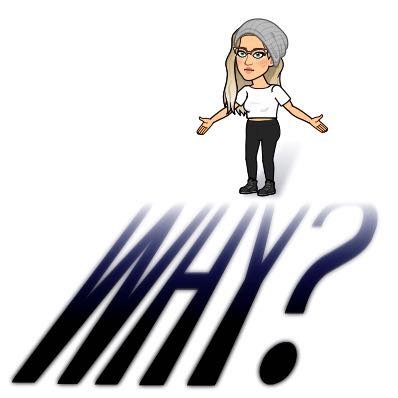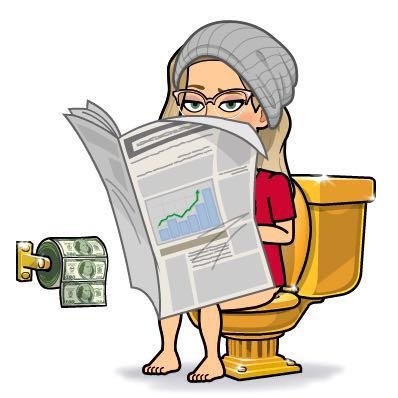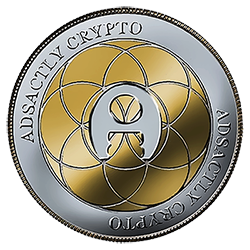
Cape Town's weather department is predicting heavy rains and stormy weather for this weekend. Last year we had what was labelled "the worst storm in thirty years", and everyone is getting hyped up about how the storm this weekend will be worse than last year's.
I must say that I am not worried, as every year this time we get these massive storm warnings, and they always seem to be predicted to be worse than they actually are. We need as much rain as we can get. I am sure you have heard about the water shortage we are experiencing here in the Western Cape. This brings me to my main topic for my post today.
Theewaterskloof Dam, which is the main dam providing water for the greater Cape Town region, reached it's lowest point of 10% in March this year. We are so thankful for all the rain we have had, and every one's efforts to save water. Currently, Theewaterskloof Dam is sitting at 56.6% capacity, which has mostly grown over our rainy season in June and July.
I found this very sad video below, showing our dam and the different levels it has been over the past three years. This video was shot in March, when we were all pretty scared about the state of our water.
What really pisses me off is that our greedy government were aware of the fact that our dams and water facilities in the city were not built properly. They HAVE known for twenty years or so, and in stead of fixing this dangerous situation they have used our tax money to build our fat ex-president's home, Nkandla, said to be worth R246 million, or about $24 million.
The Western Cape is one of the areas of South Africa that has since the early '90's received less and less rainfall every year, with 2017 receiving the lowest rainfall since 1933. Source
In 2007, there was a warning about the water issue, and the City of Cape Town worked hard to fix the issues. In 2014, the COCT actually received an award for it's water management.

SO WHY ARE WE IN THIS SITUATION?
With this information in mind, the fact that Cape Town experienced this water shortage might come as a surprise to you.
Let me shed some light on the situation, and a bit of my own opinion (which I know is shared by many people). The Western Cape, and most of Cape Town is run by the Democratic Alliance (D.A.). We are the only province in the country with the D.A. running things. The rest of our country is (and the overall seats in Parliament) run by the African National Congress or ANC.
If the DA was able to turn our situation around after the 2007 warning, why were we faced with a water shortage in 2017?
I will say it is because the ANC wants to show up the DA, and prove to the rest of the country that the DA is not capable of running the Western Cape. POLITICS MY BRU!
Here's a fact for you:
Acting to the extent of their powers, both the province and the city prepared in advance for the drought that was expected in 2018. While urban water demand was being curtailed, the {national} government failed to take any substantial action, even after the SAWS’s 2007 warning.
The South African government instead decided to allocate roughly 40 percent of the Western Cape’s water supply to agriculture as late as 2015, exceeding the previous capped volume of 173.6 million cubic meters per year. In the same year the government received an application by the provincial authorities for R35 million (about US$3 million as of March 2018) to finance the drilling of boreholes to increase the available water supply, but government officials refused to take any action.
In 2015 dams were still 75 percent full and the year before was characterized by water abundance. After a particularly dry winter in 2015, other requests for funds were filed by the provincial government in 2016, resulting in the recognition of five out of the thirty Western Cape municipalities as drought disaster areas (Cape Town was not included). But, as of October 2017, these municipalities had not received the requested funds.

I get really upset as this just shows how far the government will go to play games. This is water we are talking about. A basic right. What about the poorer communities who cannot afford to buy bottled water? Or do not have the facilities or ability to save water, or collect at water provision points?
I don't think that as citizens we can be blamed for being wasteful. Yes, there are more people than there have ever been in the Western Cape. Poor planning, budgeting and management has also (very much) gotten us here.
We are so lucky the people of Cape Town have come together in our efforts to save water, and are incredibly blessed to have received all the rain we have. But what about the future? What if we experience drought like this again?
This is not the only situation we are in like this.
I found a rather angry article in my research for this post here, and I pulled this quote for you to read, so you can see I am not the only one of these opinions:
The Western Cape water crisis was caused by failure of government to adequately improve water infrastructure, capacity and efficiency to cope with the increased demand for it. It's that simple.
This was due to the blatant negligence of national government and complicit negligence of local government to hold the national government to account. This was driven by dirty politics from both sides where only the taxpayer is the loser. To blame the weather is such a poor excuse and frankly an insult to every hardworking, tax-paying citizen. The problems were known and swept under the carpet for too long.
Did you know that the municipality buys our electricity from Eskom for under 60c per kW/h and then sell it back to us at over 300% margin?? The water meters are just another meter scam to tax us to death. Sanral tried to hit the public with e-tolls. We refused to pay, and they just added it to the national fuel levy. The Road Accident Fund is beyond corrupt and broke. Don't worry, the whole of SA will cover that debt every time we fill up. SAA loses billions every year, don't worry, we will all suck it up and pay for it.
Source
The writer goes on to speak about how South Africa is becoming a welfare state, and how we are slowly but surely choking ourselves to death. To elaborate for those who don't know :
There are 55 million citizens in South Africa. In 2017, the budget review indicated that 1,9 million people were responsible for 80% of tax paid. That means that 3% of South Africans are paying for the rest of the citizens to live. Source
MY QUESTION IS, WHAT DO WE DO TO PREVENT THIS?
I know there a lot of desalination plants being planned so far. I know Capetonians have realized how little water one can really live on. I know that there are many plans in action. My solution would be for our country to have an honest government who appropriates the funds (OUR FUCKING FUNDS, derived from OUR salaries and taxes) properly. I live in honest disbelief that this will ever happen.
To echo the sentiments of the writer who I quoted above - I do think government needs to be held accountable. I sadly think that the only way our situation can be changed is a tax revolt. People need to stop paying taxes in order to cause a bump in the road. I think that this will at first be hard for the country, but then I think it will boost the economy. Electricity, water companies etc should be privatised, so that there is no longer this complete monopoly that is held by our government. I am literally afraid that our country will become VENEZUELA.
South Africa is a very special place. We are free here. Free from the Big Brother in the Sky. I have heard accounts from friends in Europe of how they are NOT free. Their bank accounts are watched, and so are their movements.
BUT - I do feel sad and hopeless about the state of my country. I have ALWAYS said I will stay, I will not leave my beautiful country. My roots run too deep for that. Recently, however, I have really been contemplating leaving. Becoming one of millions of others who have and will leave.
I really feel that I could be living a better life some where else. My heart wants me to stay here. The freedom, the culture, the people call out to me to remain. My heart and mind are in turmoil at the the thought of leaving.
PLEASE LEAVE ME COMMENTS AND ANY QUESTIONS YOU MAY HAVE BELOW - I WOULD LOVE TO HEAR WHAT YOU THINK. WHAT IS YOUR TAKE ON OUR SITUATION HERE? ESPECIALLY AS AN OUTSIDER OR FOREIGNER, I AM VERY CURIOUS TO HEAR.
🌸MEW MEW OUT🌸

Please consider voting for @adsactly-witness as a witness. To read what we are all about - click here

CLICK HERE TO JOIN OUR DISCORD


